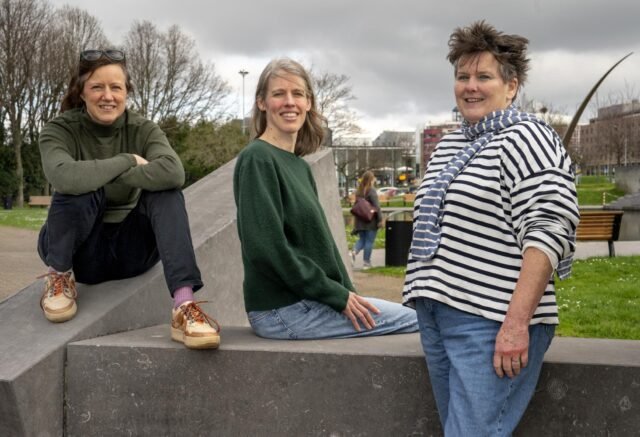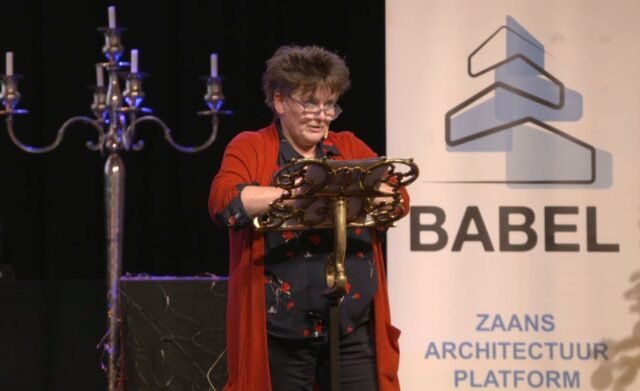Two PhD’s, Masha Denisova and Olga Temina, explore in this project – following up some of the insights of our book – how in a non-democratic, unpredictable health care system like Russia, patients and patients and professionals try to survive.
Russian health care was already known for lack of access to affordable quality medicines and delays in diagnostics and treatment. Since the invasion in Ukraine the situation has worsened. In oncology care, patients and professionals of private clinics try to respond to the needs of patients by employing diverse types of informal work.
Through informal knowledge and informal participation – ‘’participation under the radar’’ – professionals and patients try to deal with the situation and to organize oncological care as best as possible.
But how do these informal participatory processes actually work? What can be learned about the concept ‘’informal participation’’ when considering democratic settings, where people associate patient participation mostly with public, visible and formal participation?









